The belief that "there's no hope if you can't study well" is something I firmly oppose. A significant issue lies in the increasing dependence on private education (*hagwon*) to achieve good grades in high school. Public education alone is no longer sufficient, as many teachers fail to teach students effective study methods, further compounding the problem. Rather than fostering personal growth, the education system has shifted its focus towards competition, leaving countless students behind.
One of the core problems is that teachers, burdened with administrative duties, are unable to provide adequate support for their students. Between preparing lessons, grading, attending meetings, creating exam questions, and handling various administrative tasks, little time remains for addressing each student's unique learning needs. Furthermore, many teachers enter the profession through certification exams rather than through mastery in teaching effective study strategies. This gap is especially evident when it comes to crucial skills like essay writing, critical thinking, or preparing for major exams such as the college entrance exam. As a result, students often lack the guidance needed to excel in these areas.
On the other hand, private education fills this void. *Hagwon* instructors, often experts in their fields, provide tailored lessons designed to help students excel in specific subjects and exams. Many of these tutors hold advanced degrees or have extensive experience in guiding students toward success. As a result, those who can afford private education gain a considerable advantage over their peers, learning techniques and strategies that are seldom available in public schools. This is especially true for students aspiring to competitive fields like medicine, where private education plays a critical role not only in academic success but in building impressive extracurricular portfolios. Those relying solely on public education are at a significant disadvantage in this competitive environment.
This imbalance has led to an increasing reliance on private education, with the costs soaring year after year. The pressure to achieve high academic success and secure admission to prestigious universities places an immense financial burden on families. Many parents invest a large portion of their resources in private education, contributing to South Korea’s declining birth rate. Faced with the high cost of raising and educating children, many families are opting to have fewer or no children at all. The financial strain associated with private education and child-rearing has made it nearly impossible for many to consider raising multiple children, which in turn exacerbates the country’s demographic crisis.
The consequences of this academic competition, which favors the elite, are far-reaching. Wealthy families have a significant edge when it comes to securing admissions to prestigious universities, and as a result, they are better positioned to land high-paying jobs. The pursuit of academic excellence has become a means for the wealthy to solidify their financial future, while those from less affluent backgrounds face limited opportunities. This widening socioeconomic divide, driven by unequal access to education, creates a cycle where the wealthy continue to accumulate advantages, while the rest are left behind. Higher education is increasingly becoming a privilege of the wealthy, directly translating into greater economic power.
The wealthy are also able to leverage their resources to minimize tax obligations and capitalize on societal benefits, further widening the economic gap. Meanwhile, ordinary citizens shoulder the burden of high taxes and financial stress. This growing disparity, both in education and economic power, poses a serious threat to societal stability.
Throughout history, we’ve seen how the monopolization of education and wealth by a ruling elite can lead to the oppression of lower classes, often culminating in social unrest or systemic collapse. In feudal societies, the upper class controlled both education and resources, leaving little room for upward mobility among the lower classes. Such systems eventually reach a breaking point. If South Korea continues on its current trajectory—where education and wealth are increasingly concentrated in the hands of a few—the country could face a similar outcome. The stark inequalities in educational opportunities and wealth distribution threaten the long-term stability of the nation.
In conclusion, the current education system's over-reliance on private education and fixation on academic competition is driving South Korea toward a society where only the wealthy can thrive. The rising cost of private education, coupled with the financial demands of raising children, is contributing to the nation’s demographic decline. Furthermore, the relentless competition for academic success, which disproportionately benefits the wealthy, is leaving the majority of citizens at a disadvantage. As the gap between the rich and poor continues to widen, South Korea risks both social and economic instability. If left unchecked, this system will not only harm the majority of the population but also jeopardize the country's future.



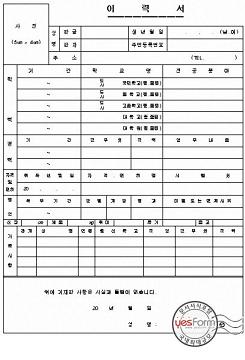
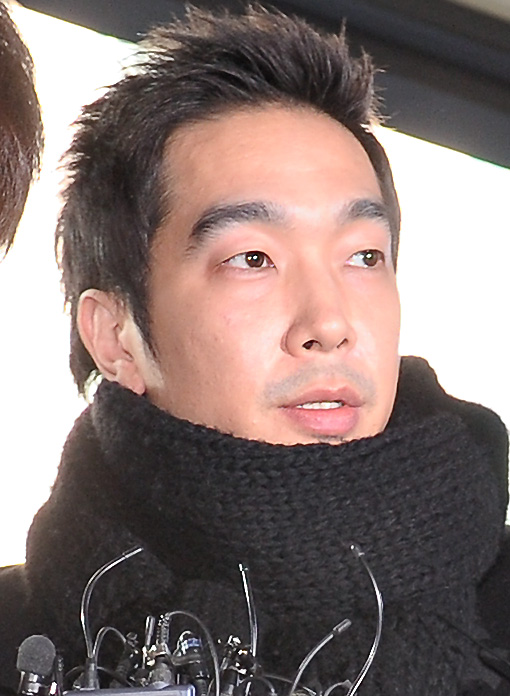
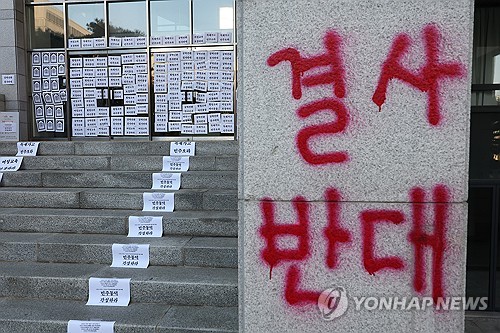
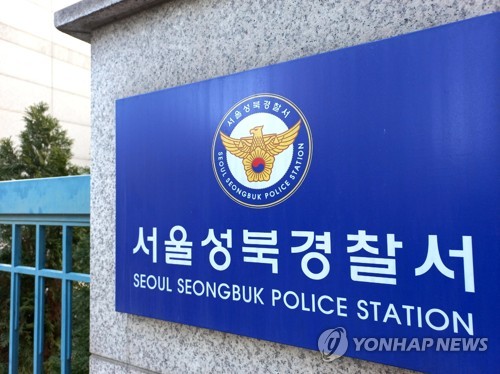
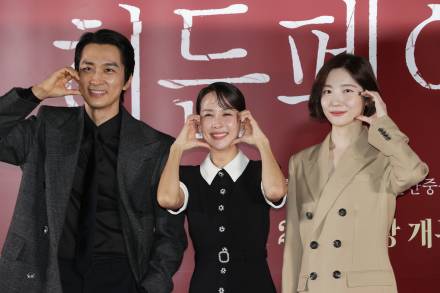


댓글 영역
획득법
① NFT 발행
작성한 게시물을 NFT로 발행하면 일주일 동안 사용할 수 있습니다. (최초 1회)
② NFT 구매
다른 이용자의 NFT를 구매하면 한 달 동안 사용할 수 있습니다. (구매 시마다 갱신)
사용법
디시콘에서지갑연결시 바로 사용 가능합니다.